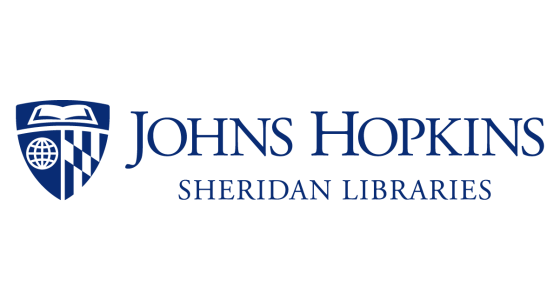Open source software is software with publicly available source code that is licensed to allow use, inspection, modification, and distribution by anyone. Source code is the human-readable instructions that tell a computer what to do. Source code is written in a programming language such as Python, Java, or C++.
An open source license is an intellectual property license and legal agreement that grants users certain rights to use, inspect, distribute, and modify the software. The OSPO has put together a number of resources to help the Hopkins community understand different license types and their implications for a project.
